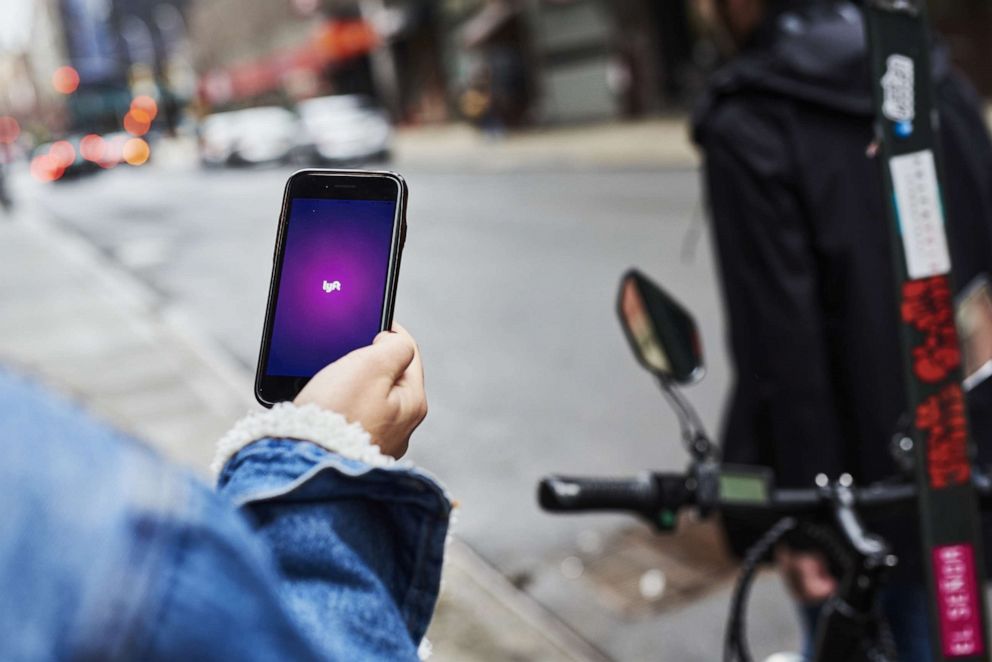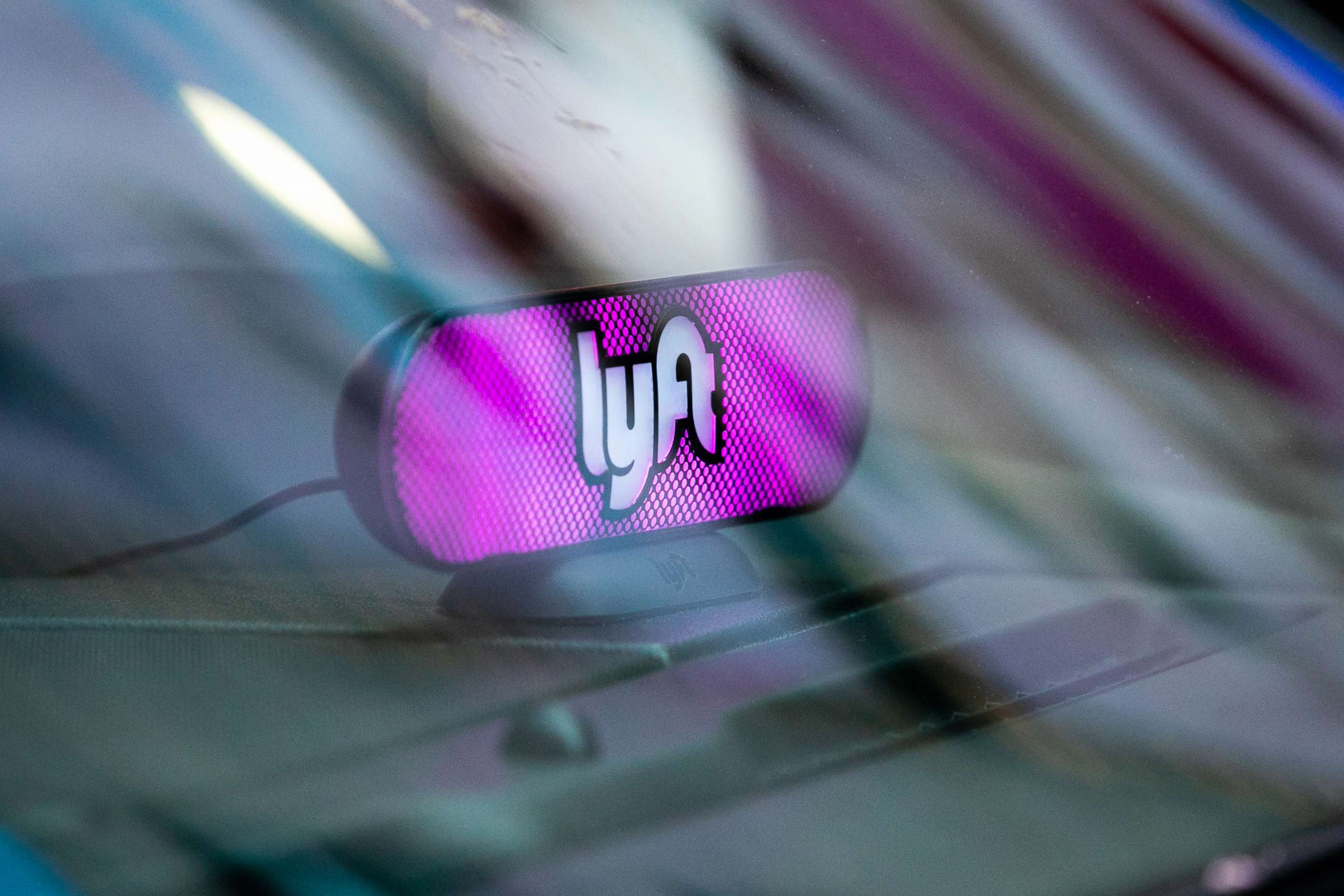Women sue Lyft saying not enough done to protect them from sexual assault by drivers
The allegations against some drivers include rape and sexual assault.
Last December, a woman named Kim was out celebrating a friend's graduation from nursing school and her own 25th birthday. She called a Lyft to ensure "a responsible and safe way home." Instead, she said she was assaulted by her driver.
The driver would eventually be convicted of misdemeanor battery, according to her lawyer. But to this day, she said, the ride-share company has declined to say if the driver who assaulted her has been barred from Lyft's platform.
Kim, who is being identified only by her first name, is one of 14 women who sued Lyft on Wednesday, saying they were raped or sexually assaulted on Lyft rides and that the company must do more to protect its passengers.
“I’m pursuing this case and sharing my story because I can’t fathom another individual having to experience the turmoil, fear and feelings of insignificance and hopelessness that torment me every day," Kim said at a news conference in San Francisco Wednesday. "It’s becoming more and more apparent that Lyft cannot be trusted to police themselves."
According to the lawsuit, which was filed in San Francisco Superior Court, Lyft has concealed sexual assault complaints, adopted policies that are designed to silence and frustrate victims and allowed known sexual predators to serve as drivers.

Mary Winfield, Lyft's head of Trust & Safety, noted in a statement to ABC News that Lyft is "committed to providing safe transportation."
“What the victims describe is terrifying and has no place in the Lyft community," she said of the allegations made in the lawsuit. "One in six women will face some form of sexual violence in their lives — behavior that’s unacceptable for our society and on our platform."
Several of the assaults included in the lawsuit resulted in the drivers being convicted, according to the lawsuit.
Mike Bomberger, one of the lawyers who brought the case, said that Lyft could institute certain safeguards, such as making it impossible for drivers to disable its app mid-ride and installing cameras in cars. But he said the company has declined to do that.
"The message to the driver is, 'No one is watching you. You can do what you want,'" Bomberger said in a telephone interview.
In a statement, the company said it would begin offering sexual harassment prevention training available to riders and drivers. Lyft also screens all driver applicants for criminal offenses and does an annual criminal background check. The platform has also announced recent measures to prevent drivers from providing a fraudulent identity.

The company also said it bans drivers for harassment and violence.
"As a platform committed to providing safe transportation, we hold ourselves to a higher standard by designing products and policies to keep out bad actors, make riders and drivers feel safe, and react quickly if and when an incident does occur," Winfield said. "Our commitment is stronger than ever, as we dedicate more resources in our continued effort to ensure our riders and drivers have the safest possible experience."
But according to the lawsuit, the company could do far more.
In one case where the Lyft driver was later convicted of sexually assaulting a passenger, that driver was allowed to continue taking passengers even after the company was first informed of the allegations, the lawsuit said.
ABC News' Jennifer Watts contributed to this report.




